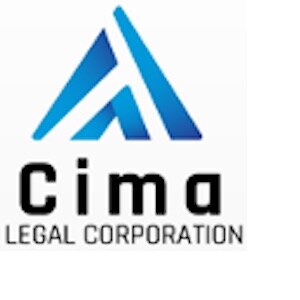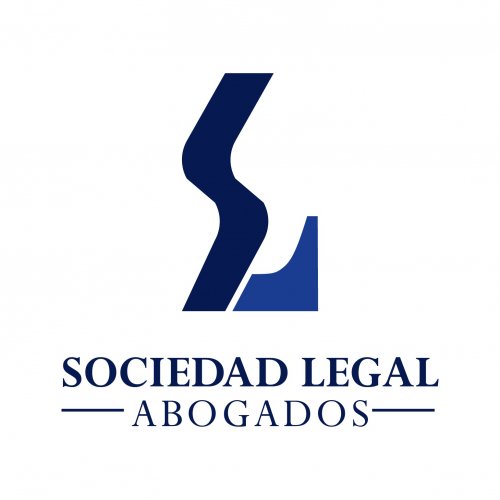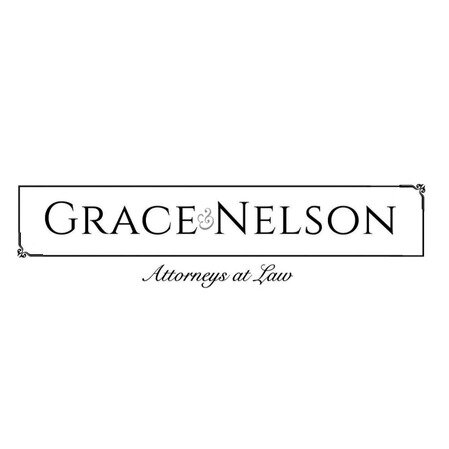Best International Trade Law Lawyers in Ecuador
Share your needs with us, get contacted by law firms.
Free. Takes 2 min.
Or refine your search by selecting a city:
List of the best lawyers in Ecuador
About International Trade Law in Ecuador
International Trade Law in Ecuador consists of the legal framework that governs the import and export of goods and services across its borders. Ecuador, as a member of the Andean Community and the World Trade Organization, adheres to both regional and global trade regulations. The country has sought to balance its trade policies to encourage economic growth while protecting key domestic industries. Ecuador's trade laws aim to facilitate trade, ensure compliance with international standards, and encourage sustainable and fair trade practices.
Why You May Need a Lawyer
Engaging in international trade can present numerous legal challenges, making it advisable for individuals and businesses to seek legal counsel. Some common situations where legal assistance is beneficial include:
- Interpreting complex trade agreements and treaties.
- Resolving disputes related to trade contracts or regulatory compliance.
- Navigating import/export regulations and customs procedures.
- Ensuring adherence to tariffs and taxes associated with international trade.
- Addressing issues related to intellectual property rights and trademarks across borders.
Local Laws Overview
Ecuadorian trade laws are influenced by its membership in international organizations and trade agreements. Key aspects include:
- Trade Agreements: Ecuador is part of several trade agreements that affect tariffs and trade regulations, such as the Andean Community and bilateral agreements with countries like the United States and European Union members.
- Customs Regulations: The National Customs Service of Ecuador (SENAE) oversees customs laws and procedures, requiring adherence to import/export documentation and valuation rules.
- Tariffs and Taxes: Import duties vary based on product categories, with certain exemptions and incentives available for specific sectors.
- Dispute Resolution: Trade-related disputes may be resolved through arbitration or litigation within Ecuadorian courts or international forums if stipulated in contracts.
- Environmental and Social Standards: Ecuador emphasizes adherence to environmental protection in trade practices, in line with its constitutional commitments to ecological sustainability.
Frequently Asked Questions
What are the main documents required for international trade in Ecuador?
The primary documents include commercial invoices, certificates of origin, bills of lading, and customs declarations. Additional documents might be required depending on the product and trade partner.
How does Ecuador handle international trade disputes?
Disputes may be managed through negotiation, arbitration, or litigation, depending on the terms specified in the trade agreement or contract. Ecuador is party to various international arbitration conventions.
Are there specific sectors with trade incentives in Ecuador?
Yes, sectors like renewable energy, agriculture, and certain manufacturing areas may benefit from tax incentives and reduced tariffs to promote economic development.
What role does the Andean Community play in Ecuador's trade laws?
The Andean Community provides a framework for trade among member countries, facilitating reduced tariffs, harmonized regulations, and common external policies.
How are tariffs determined for imported goods?
Tariffs in Ecuador are based on the product classification under the Harmonized System and can be influenced by trade agreements and economic policies.
What is the process for exporting goods from Ecuador?
Exporters must register with SENAE, ensure compliance with Ecuadorian standards, prepare required documentation, and adhere to international shipping protocols.
Is there a free trade agreement between Ecuador and the United States?
While a comprehensive free trade agreement is not in place, both countries engage in trade under specific bilateral agreements that facilitate certain aspects of trade.
How does Ecuador address environmental concerns in trade?
Ecuador's trade laws incorporate environmental safeguards, ensuring that trade practices align with national sustainability goals and international environmental standards.
What penalties exist for non-compliance with Ecuadorian trade regulations?
Penalties can include fines, seizure of goods, and revocation of trade licenses, which vary depending on the severity of the violation.
Can foreign companies invest in Ecuador's trade sector?
Yes, foreign investment is encouraged in various trade-related sectors, provided they comply with local investment and business regulations.
Additional Resources
Several resources can assist those seeking guidance in International Trade Law in Ecuador:
- National Customs Service of Ecuador (SENAE): Responsible for customs regulation and import/export procedures.
- Ministry of Foreign Trade and Investment: Provides information on trade policies and agreements.
- Ecuadorian Chamber of Commerce: Offers support for businesses engaged in international trade.
- World Trade Organization (WTO): For understanding global trade standards that impact Ecuador.
Next Steps
If you require legal assistance with International Trade Law in Ecuador, consider the following steps:
- Consult with a qualified international trade lawyer who has experience with Ecuadorian trade laws.
- Research law firms specializing in international trade to find the best fit for your needs.
- Prepare any documentation and questions you have about your situation to maximize the value of your legal consultation.
- Stay informed about changes in trade regulations by subscribing to updates from relevant Ecuadorian governmental bodies and international organizations.
Lawzana helps you find the best lawyers and law firms in Ecuador through a curated and pre-screened list of qualified legal professionals. Our platform offers rankings and detailed profiles of attorneys and law firms, allowing you to compare based on practice areas, including International Trade Law, experience, and client feedback.
Each profile includes a description of the firm's areas of practice, client reviews, team members and partners, year of establishment, spoken languages, office locations, contact information, social media presence, and any published articles or resources. Most firms on our platform speak English and are experienced in both local and international legal matters.
Get a quote from top-rated law firms in Ecuador — quickly, securely, and without unnecessary hassle.
Disclaimer:
The information provided on this page is for general informational purposes only and does not constitute legal advice. While we strive to ensure the accuracy and relevance of the content, legal information may change over time, and interpretations of the law can vary. You should always consult with a qualified legal professional for advice specific to your situation.
We disclaim all liability for actions taken or not taken based on the content of this page. If you believe any information is incorrect or outdated, please contact us, and we will review and update it where appropriate.
Browse international trade law law firms by city in Ecuador
Refine your search by selecting a city.

















